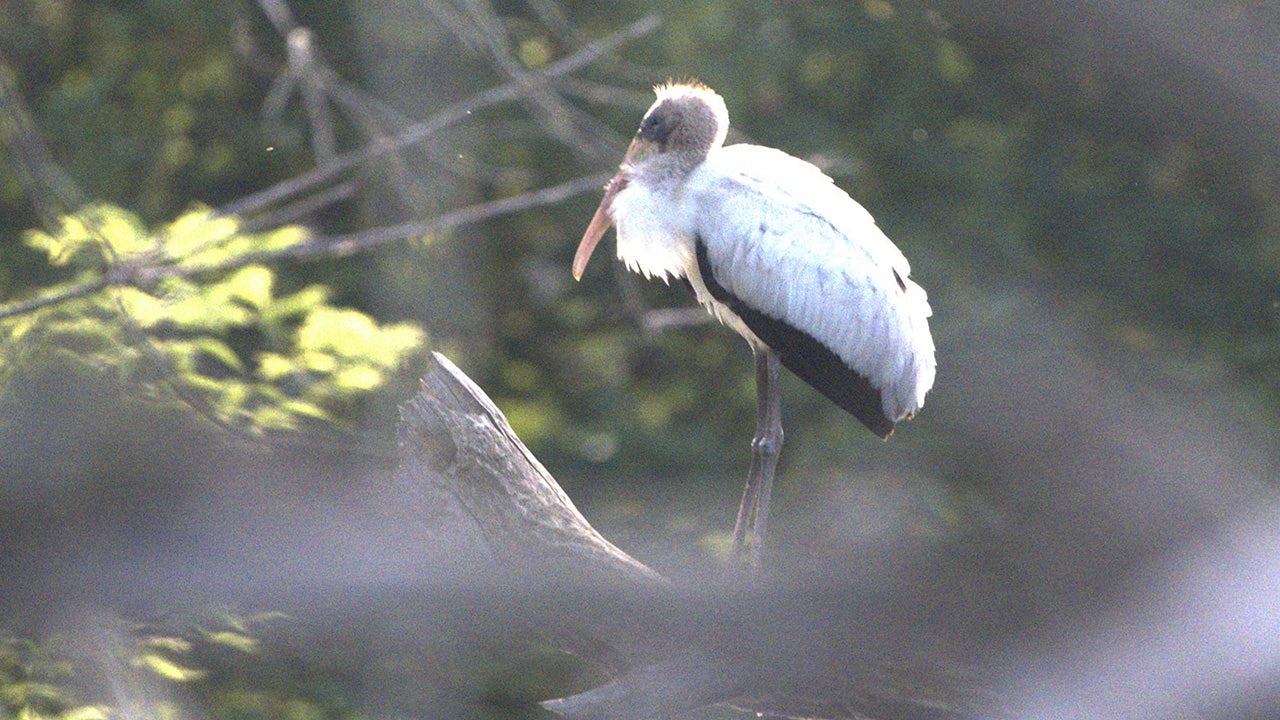Pilots are encouraged to “let fly” in flight.
An Argentine flight attendant has divulged some surprising aviation rules that pilots must allegedly adhere to in the name of safety, including refraining from having the same meal as their co-pilot, and never passing on passing gas. But are these rules set in stone or simply mile-high myths?
“Did you know pilots eat different foods?” Barbara Bacilieri, better known as Barbie Bac to her nearly 5 million followers, told Jam Press. “The commander and the copilot choose different meal options. One will choose chicken and the other will choose pasta.”
The air hostess explained that they don’t select differing dishes for the sake of variety, but rather to lessen the chances of both of them getting incapacitated by “food poisoning” — an event that could potentially jeopardize the safety of everyone on board.
“It’s almost always the captain who makes the choice, and the copilot is the one who has to accept the alternative,” explained Bacilieri, who hails from Argentina but works for Spanish budget carrier Vueling. “Flight attendants have to verify that the meals are correctly loaded on the plane before beginning the flight so that later everyone has their choice.”
However, some sky captains have disputed the so-called two-meal rule.
“Because the hygiene standards at airline catering facilities are so high these days, many airlines have relaxed this rule,” explained Charlie Page, a pilot who flies the Boeing Dreamliner for a major airline, while writing for The Points Guy. He added that pilots are more likely to experience tummy turbulence from “local” food that they eat before flying.
Another unorthodox law of flying the friendly skies? Always let ‘er rip. Bacilieri claimed that pilots are “prohibited” from holding in farts as doing so can induce intestinal discomfort and thereby distract sky drivers from the task at hand.
This is especially crucial as flatulence is heightened at 30,000 feet. “At high altitudes, atmospheric pressure is lower, which increases the volume of internal gases,” she explained. “This can cause discomfort and distraction in the cockpit when the pilots should be focused on doing their job, not in pain from being full of gas. That’s why it’s always recommended that pilots, if they have to, just release them.”
The farting rule isn’t written into official aviation policy, but Danish and British gastroenterologists suggested in a 2013 study that both passengers and perhaps even crew should let loose for the sake of their health and comfort.
The third and perhaps strangest rule is that pilots have the power to “officiate marriages,” per Bacilieri.
“Even if the pilots aren’t priests, they can officiate marriages on board,” explained the flight attendant, who noted that this is only done in emergencies and “not just because a passenger decides mid-flight to propose.”
“Pilots can only marry passengers in cases of extreme danger – for example, if the life of one of them is at stake,” she said. “If one of the passengers is experiencing cardiac arrest and, as their last wish, wants to get married, then yes.
The influencer added, “Also, if the plane is in an extreme situation, the pilots’ priority always remains the safety of the passengers.”
The idea that captains have the authority to perform knot-tying ceremonies has been dispelled by marriage experts. Casey Greenfield, a lawyer who practices matrimonial law in New York, told Travel + Leisure magazine that neither ship captains nor pilots are granted the power to preside over airplane nuptials.
Not to mention that airspace can present some serious problems to passengers hoping to tie
the knot up high. While possible and legal — provided that the ceremony is performed by a qualified officiant — getting married on a plane is a risky proposition as a state or country might not recognize the union.
If a couple got divorced down the road, and didn’t know if they were over Illinois or Indiana when they tied the knot, it could be unclear which state’s rules they should follow.
“Getting married in the air is not something you should leave up in the air,” Greenfield said.













